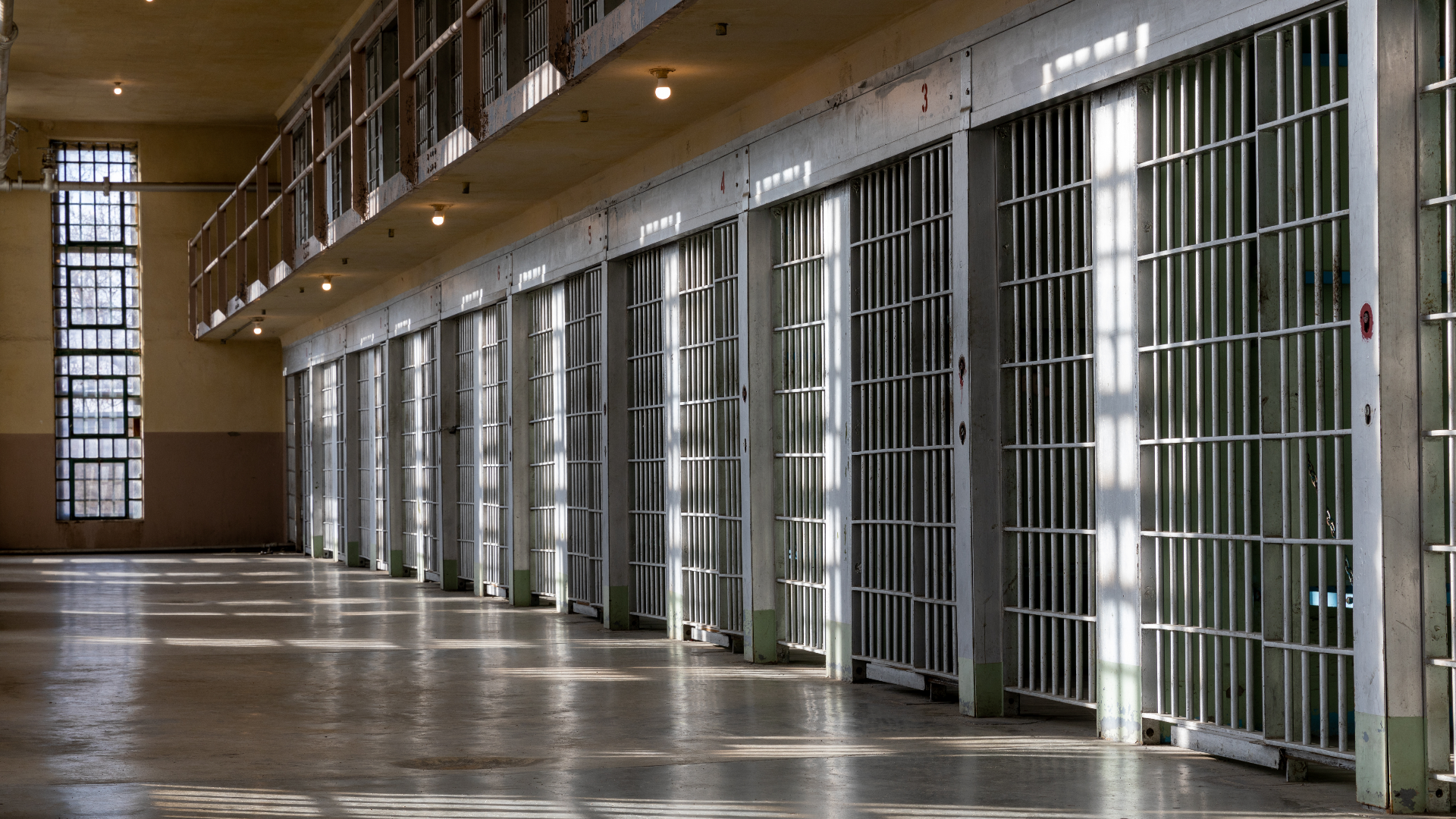Reports / Proposals for a New System for Delegated Legislation: A Working Paper
This Working Paper presents the preliminary proposals arising from the Delegated Legislation Review which the Hansard Society has been conducting since November 2021 with financial support from The Legal Education Foundation. The executive summary is available to read or download below.









